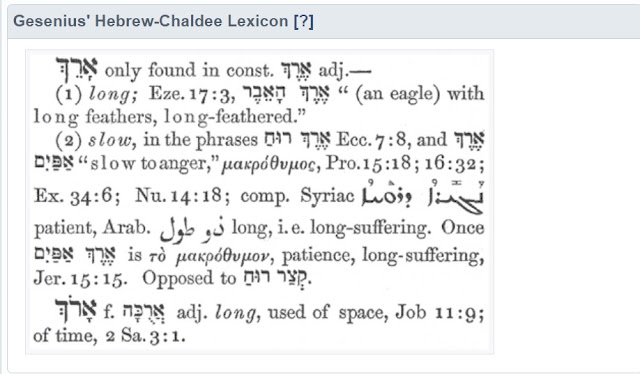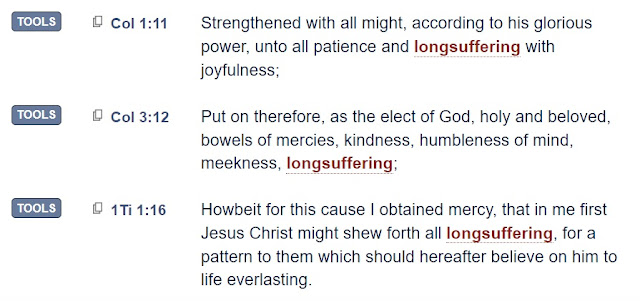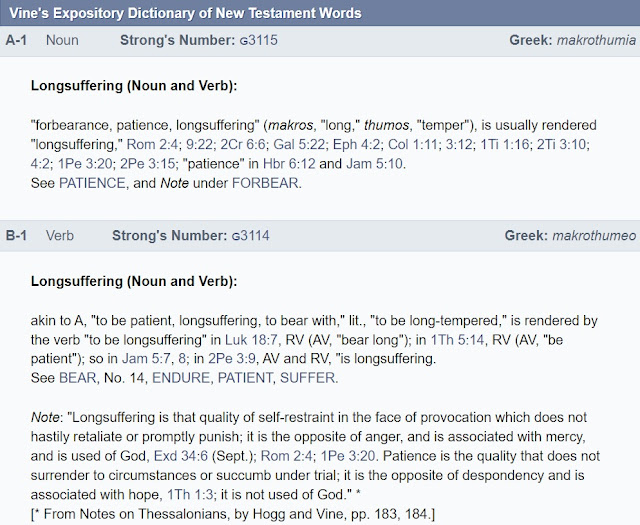Big Idea: Christmas and winter can be a difficult, dark time, but as life goes on, reflect on the Light of the World who brings us comfort in the darkness.
No More Christmas Lights
Three days after Jesus was born, Mary still had baby Jesus on her hands. He cried when hungry and needed to be changed.
The shepherds had come and gone.
Christmas can be depressing
Mary was thinking about upcoming circumcision on the eighth day. Little Jesus would surely cry, she worried. Jesus was her first baby. It was all new to her. She was far from family, far away in Bethlehem.Joseph was worried. How would they eat? Where would they stay? A baby and his mother gotta eat.
Christmas can be hard. During the holidays there are those who have recently had someone who died, left the family, or moved away. Holidays are hardest alone. Where is peace on earth?
For some, the parties, gifts, and upbeat music have been fun. Now gifts and bills ring hollow. Is this all there is to life?
Unwed mother gives birth in a barn
When will a baby be born? You might have a good idea but it is not predictable.As a mid-wife in West Africa, cultural taboos prevented women who had not given birth yet to attend a birthing. First time pregnant women get no information what to expect.
One year I had four wives of pastoral students who were 15-16 year olds with first-time pregnancies. One sharp gal was really scared to give birth and had lots of questions. I coached her on what to expect. She was wide eyed.
About two weeks later after birth, she showed up on my front porch with the other 3 pregnant women.
“Mademoiselle can tell you what to expect when you have your baby,” she said as her baby cooed on her back. “Listen. It will help.”
What about Mary? Did anyone prepare her? Was there a village midwife available or did Joseph deliver the baby? Why do births happen mostly at night? Many nights I delivered a baby by kerosene lantern!
Unplanned pregnancy
A year prior Mary would not have guessed she’d be pregnant.The angel just showed up. “God thinks a lot of you,” he said (Luke 1:28).
Poof. She was pregnant. No one understood. Not Joseph. Not her parents. Not her neighbors…
Jesus was a little surprise. But oh what a surprise!
Mary’s experiences gave her a lot to think about. (Luke 2:19, 51)
But Mary treasured up all these things and pondered them in her heart. Luke 2;19 NIV
Take-a-ways for Mary
1, God never changes. In our surprising life situations God knows and can be help us. He has not changed and able to do what He has done others.2. God is with us. Emmanuel, a name given to Jesus, means God with us. He gets us. Jesus walked this earth in sickness and in health. In hardship. In broken relationships. He is with you in this.
3. Take time to ponder. Contemplate. Meditate. Read the Word of God. Ponder. Pray. Like Mary.
Mary’s Light
Mary gave birth in the middle of the night, in an animal shelter. It must have been smelly, dusty and unfamiliar. But the morning light came. Mary had light. The Light of the world.
The people who walk in darkness will see a great light. For those who live in a land of deep darkness a light will shine. Isaiah 9:2 NLT
Now may our Lord Jesus Christ himself and God our Father, who loved us and by his grace gave us eternal comfort and a wonderful hope. 2 Thessalonians 2:16 NLT
____________
1. How do you find Christmas? Joyful? Harried? Quiet or perhaps too quiet? Depressing? Have you ever had a really hard Christmas? Why was it hard?
2. What gives you peace from God in the Christmas story? Ponder on that and treasure it.

.JPG)

.jpg)

.jpg)


.jpg)



.jpg)


.jpg)



.jpg)
.jpg)
.jpg)
.jpg)
.JPEG)









.jpg)
.JPG)
